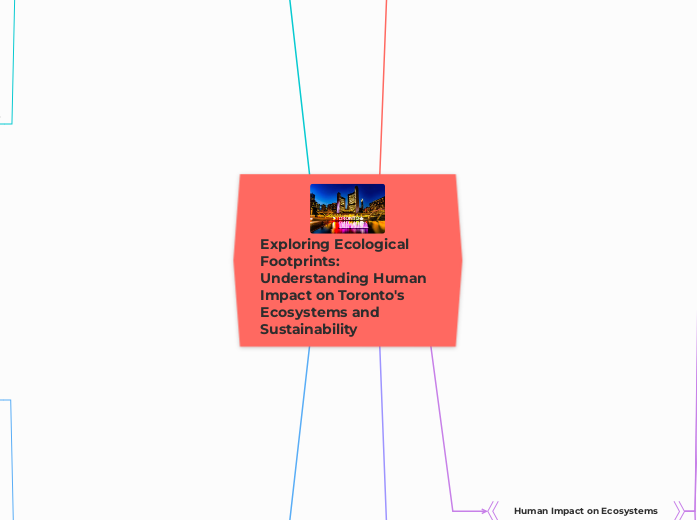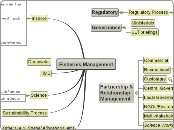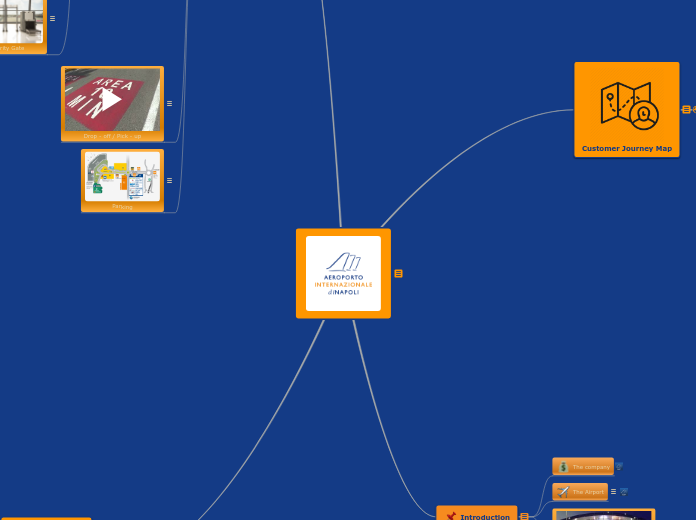da Daniel Ejeteh mancano 3 mesi
72
Exploring Ecological Footprints: Understanding Human Impact on Toronto's Ecosystems and Sustainability
Toronto has been actively pursuing various sustainable practices to mitigate human impact on its ecosystems. Sustainable agriculture is being promoted through crop rotation, organic farming, permaculture, and agroforestry in urban areas and outskirts.









